
2004: PhD degree, Royal Veterinary and Agricultural University Royal Veterinary, Copenhagen, DK
1999: Master degree in biology, University of Milan
2009-Present: Researcher, Institute of Agricultural Biology and Biotechnology, CNR, Milan.
2003-2009: Post-Doc, CREA (ex CRA-MAC), Bergamo. Research activity focused to improve seed quality traits in maize
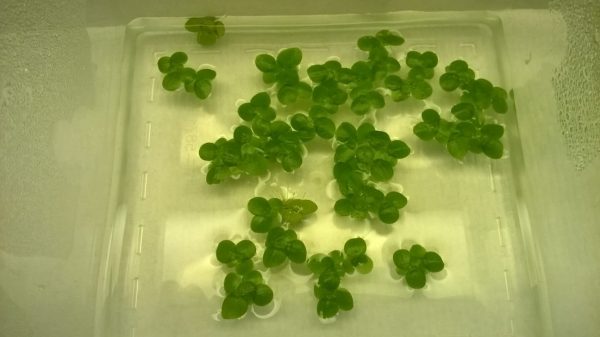
The project is aimed at the genotyping, through plastid and nuclear molecular markers (TBP), of the whole collection of small aquatic macrophytes (Lemnaceae) known under the name of Landolt Duckweed Collection and currently managed by Dr Lammler in Zurich. This historical collection, the largest in Europe, includes about 500 clones of the 36 known duckweed species, coming from five continents. Accessions have been mostly characterized on a morphological basis, which may cause a high rate of misclassifications in some species, owing to the simplified structure of these tiny plants and the high similarity between some species.
Since long used as environmental bioindicators, duckweeds and renowned for their phytoremediation capacity. Due to their extraordinary fast growth, duckweeds are one of the most promising new crops, under intensive study for energy production and as a source of high quality proteins for animal and human nutrition, already under evaluation as a novel food by EFSA.
Results will be useful to:
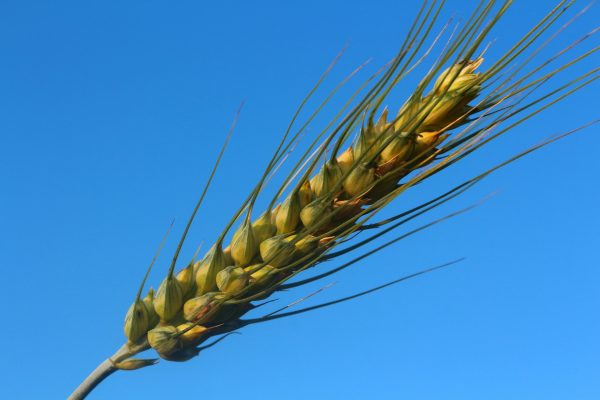
The adoption of agronomic practices aimed at maximizing production yields led, during the 20th century, to a drastic change in the characteristics of cultivated varieties toward specific characteristics of the final product and plant architecture.
So-called “old” varieties are sometimes considered capable of providing productions with better quality, organoleptic and health characteristics than those provided by modern varieties bred under intensive agronomic conditions.
The TRANFER project aims at the valorization of historical maize and wheat varieties typical of the Lombardy region through molecular, biochemical and phenotypic approaches. In particular, traits of interest related to resistance to fungal pathogens, characterization of seed morphology and nutraceutical qualities will be studied.
TRANFER will provide information on the diversity that exists in Lombardy’s germplasm collections for its valorisation and use in local production
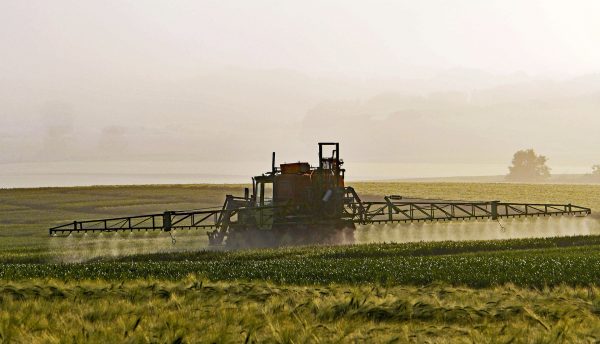
The FILAGRO project aims to provide solutions to several issues that are emerging in the field of modern agriculture. They concern: production sustainability, biodiversity and environment preservation; improvement in food quality, safety and healthy and nutritional aspects; technology development in favor of industry; new knowledge dissemination. These issues are highlighted as of high importance in the EXPO 2015 and Horizon 2020 programs as well as in the 2013-2015 plan of the Agriculture Directorate of the Lombardy Region.
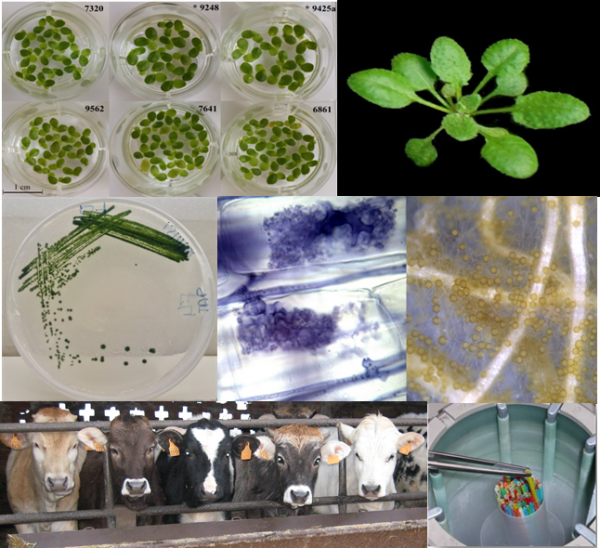
The project is organized in 3 main activities:
1) Implementation and updating of the BioGenRes network of biobanks, with a focus on nationally/internationally recognized collections of animal, plant or microorganism species samples (animal and plant germplasm banks, microbial strain libraries of pathogenic/toxigenic organisms, nematodes, soil and water microflora and microorganisms used in agro-industry and food (e.g. microbial starters for fermentations)).
2) Replication (rejuvenation) and expansion of material stored in collections. For plant and microbial collections: multiplication of accessions for which a small amount of material is available and rejuvenation of accessions whose seed viability data are below the expected standards (> 85%). For animal collections of zootechnical interest: collection and freezing of genetic material of local breeds to complete sampling carried out in previous projects or expansion of the number of species and breeds stored in cryobanks.
3) Biochemical, molecular, metabolic, functional and phenotypic characterization of the material conserved in the biobanks of the BioGenRes network, also in order to carry out association studies and to identify markers associated with traits linked to production and/or adaptation to biotic and abiotic stress factors.
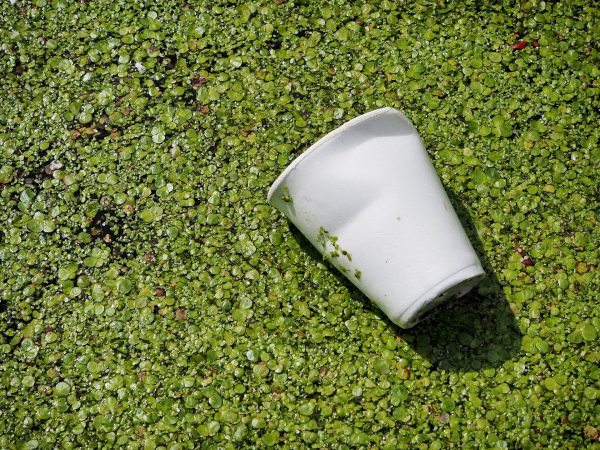
The purpose of the project is to develop an integrated biological system to purify wastewater originated by anaerobic digestion of OFSMW, based on duckweed ability to tolerate high nitrogen and phosphorous concentration.
The project is proposing to develop a sustainable and completely natural system capable of achieving two objectives at the same time:
– a biological wastewater treatment;
– the transformation of some pollutants in raw materials (starch and fatty acids) that can be used in food and biochemical industries , replacing products obtained from agriculture or hydrocarbons.
In addition we would like to make a contribution to the understanding of microbiome degrading in the rhizosphere of aquatic plants used in the system, highlighting its effects on urban organic waste purification and more broadly on microbial water safety.
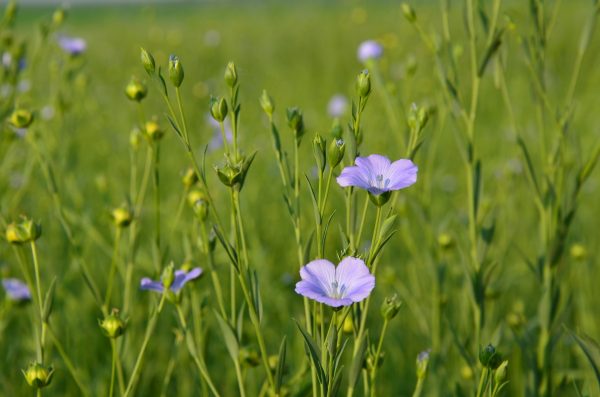
The aim of the InFlaMe project is to optimize the production of secondary metabolites of pharmacological/nutraceutical interest, the lignans which are produced at low concentration by flax plants as defense compounds against herbivores and microrganisms. To this purpose a biotechnological approach will be used starting from the production of different plant tissue cultures obtained from several diverse flax species. The obtained cultures will be induced to an increased production of lignans through the use of specific elicitors and through metabolic engineering.
In the long term this technology will provide a large scale production of high added value compounds currently limited by the low potential of producer species.
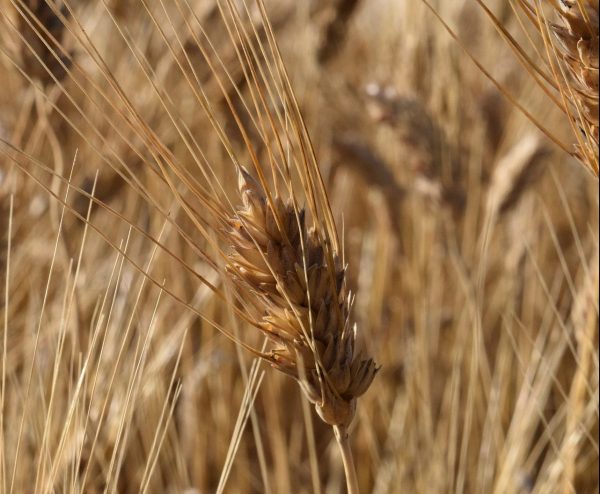
The project SURF aims to select and develop genetic materials of durum wheat (Triticum durum Desf.) for the resistance to viruses, through the use of new experimental approaches and innovative scientific technologies. The first objective of the project is the identification of durum wheat genotypes resistant to the soil-borne cereal mosaic virus (SBCMV) and the identification of resistance loci, using an approach of Genome Wide Association Study (GWAS). A panel of durum wheat genotypes already genotyped will be used. A further objective of the project is the development of durum wheat lines carrying an inactive form of a susceptibility gene for Bymovirus, through genome editing approaches. In particular, in barley the variant of a gene coding for a protein-disulfide-isomerase (PDIL5-1) causes an innate resistance to different strains of Bymovirus. The durum wheat ortholog gene of this PDIL5-1 will be used for genome editing. The resistance traits that will be identified in the project will be then available for durum wheat breeding programs.
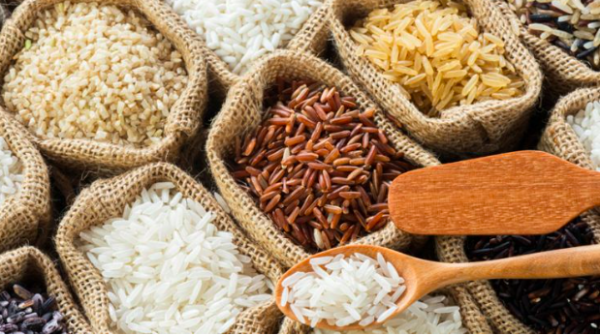
The overall objective of the “RISINNOVA” project is to provide the Italian rice industry with genetic and genomic tools for the development of more competitive rice varieties, suitable for both domestic and international markets.
The project is structured in five research Workpackages (WP):
WP1. Genetic and genomic approaches to improve protection against the main rice diseases
WP2. Genetic and genomics strategies for protection of rice from major abiotic stresses (water
shortage, salt stress, thermal stress)
WP3. Genetic and functional diversity of rice-associated microbial communities
WP4. Genomic analysis systems applied to biodiversity
WP5. Dissemination, training and technology transfer
In the framework of WP2, the IBBA activity aims to identify genes that may represent important players in the tolerant response to osmotic stress. This is achieved through: i) the physiological evaluation of several japonica cultivars for their response to osmotic stress ii) the selection of two cultivars with a contrasting phenotype (sensitive vs tolerant) iii) an RNA-Seq analysis of the transcriptomic changes occurring in leaves and roots of these two cultivars in response to osmotic stress.
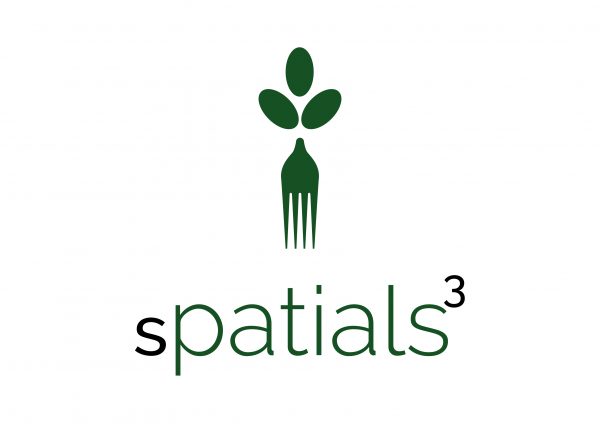
sPATIALS3 is a technological and research hub involving 12 CNR Institutes belonging to 4 different Departments and 4 companies. Main objectives will be: obtainment of innovative food products improved for their nutritional and functional properties; provision and implementation of precision technologies to guarantee products quality, safety and traceability; development of innovative and eco-sustainable smart– and active-packaging to minimize and reuse wastes, where possible, and to increase food preservability; provision to consumers and producers of tools for results exploitation.

